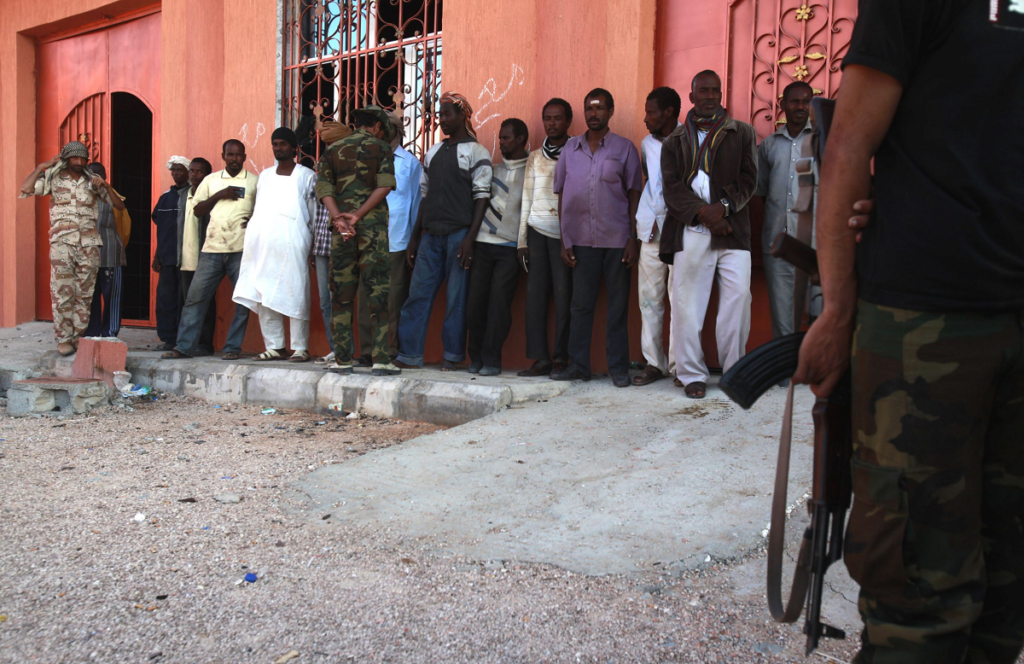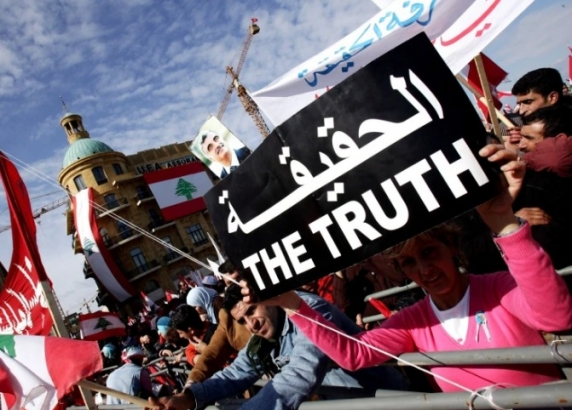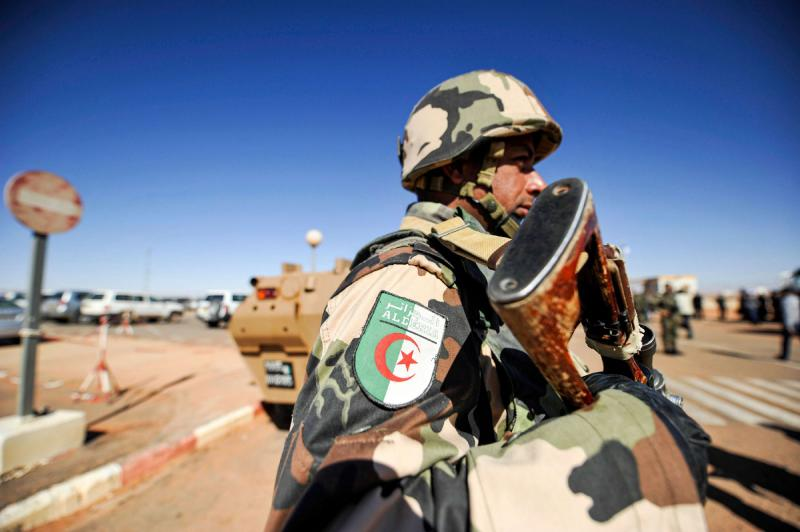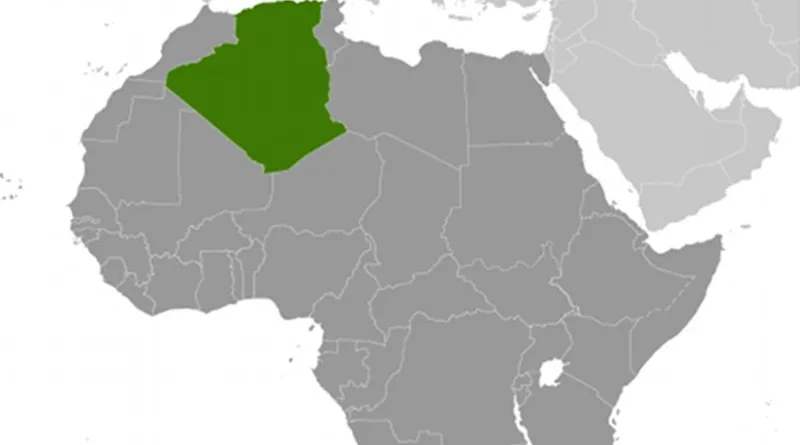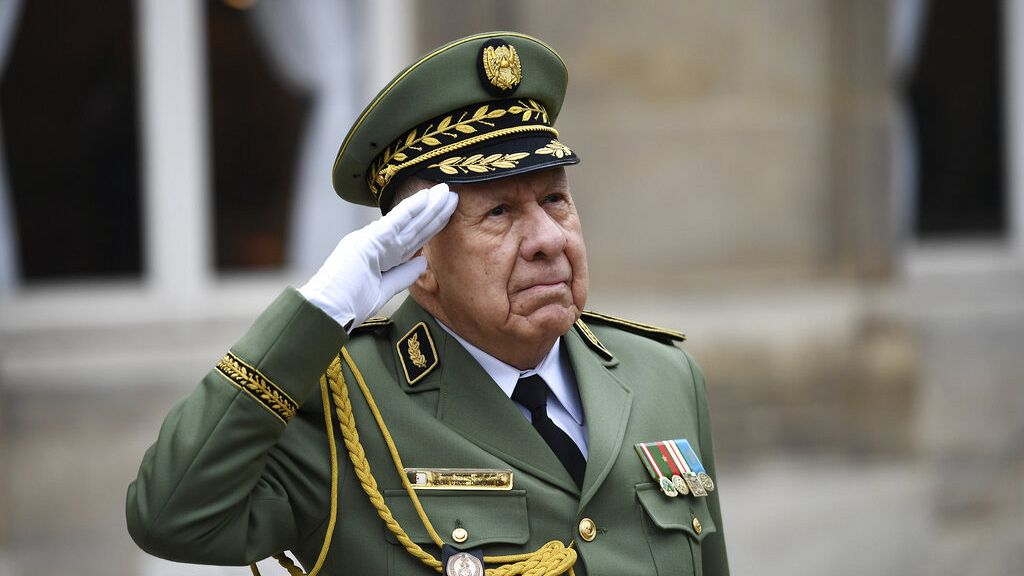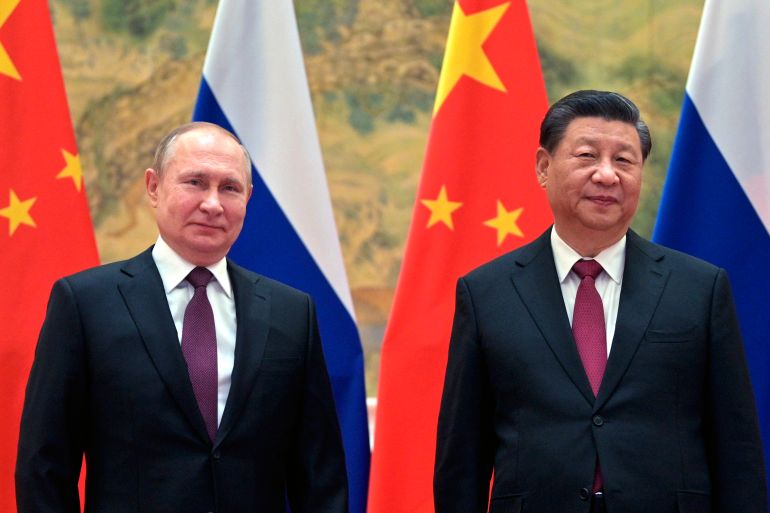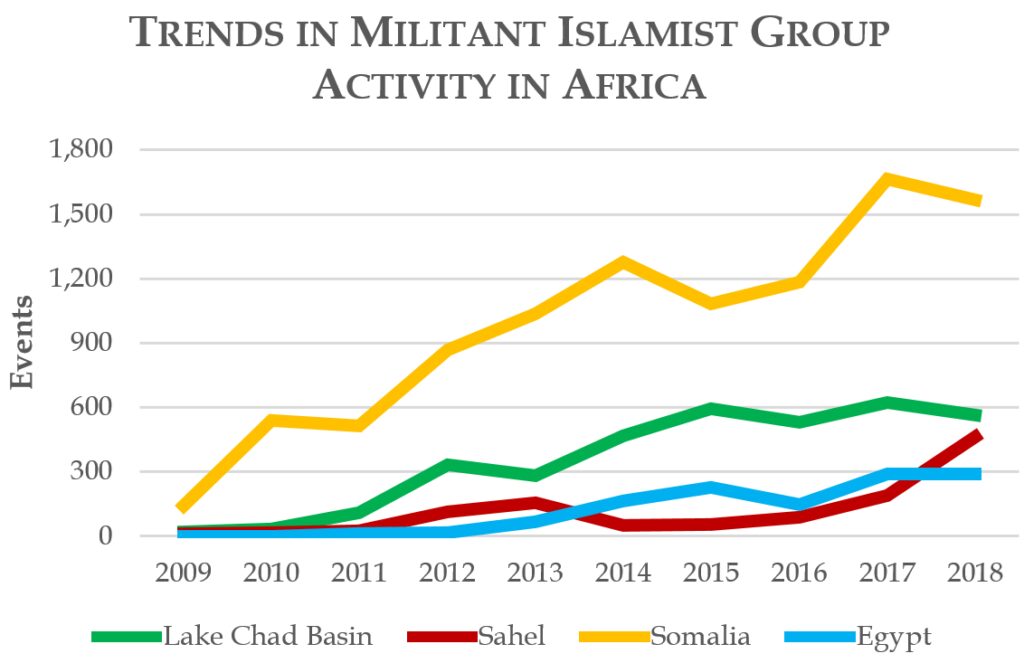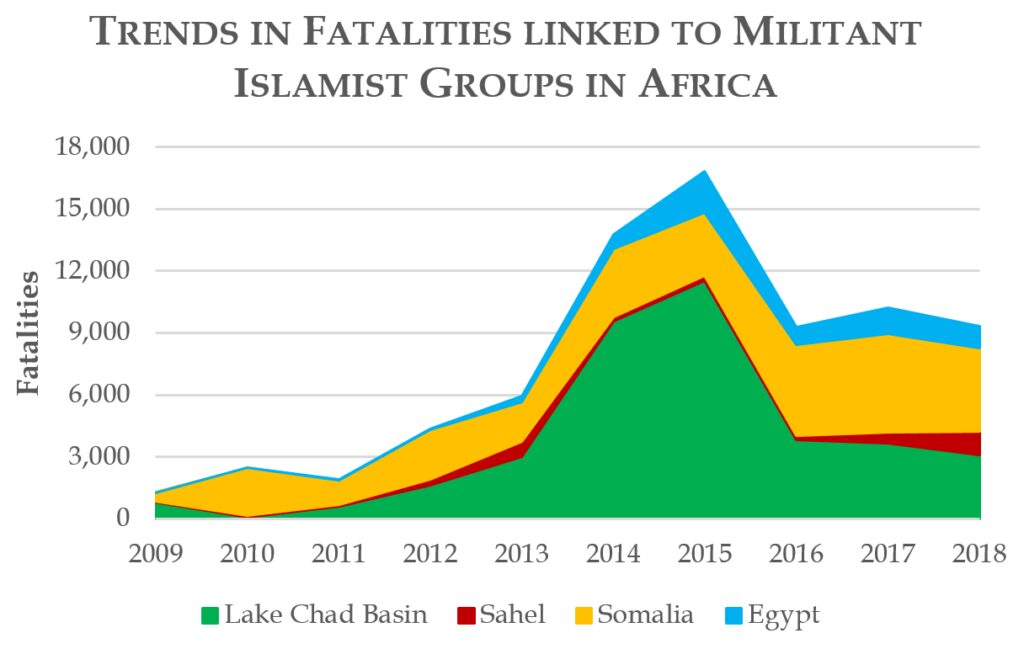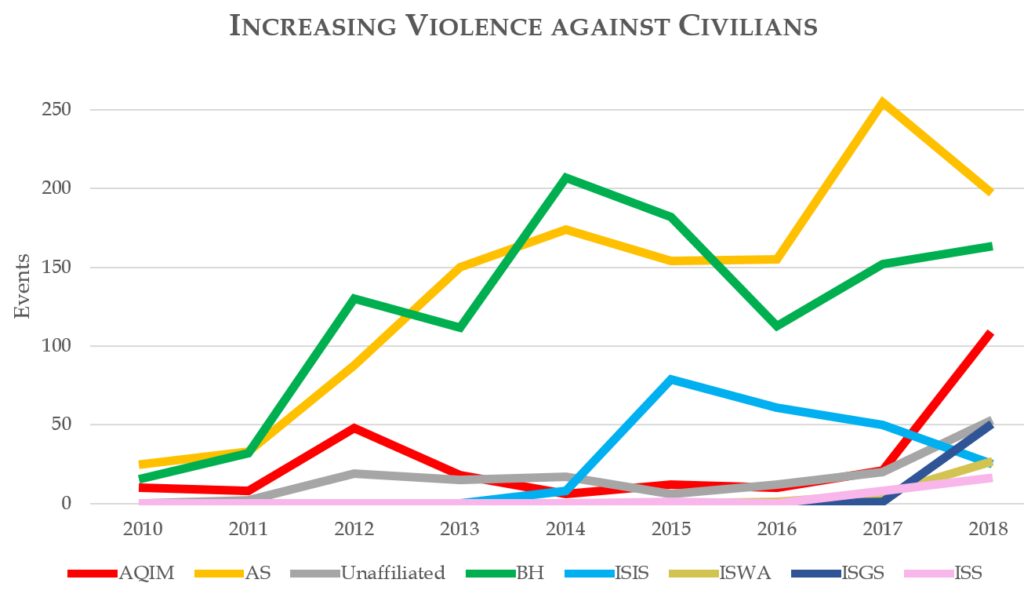Libya’s crisis is a tough puzzle to solve for Egypt
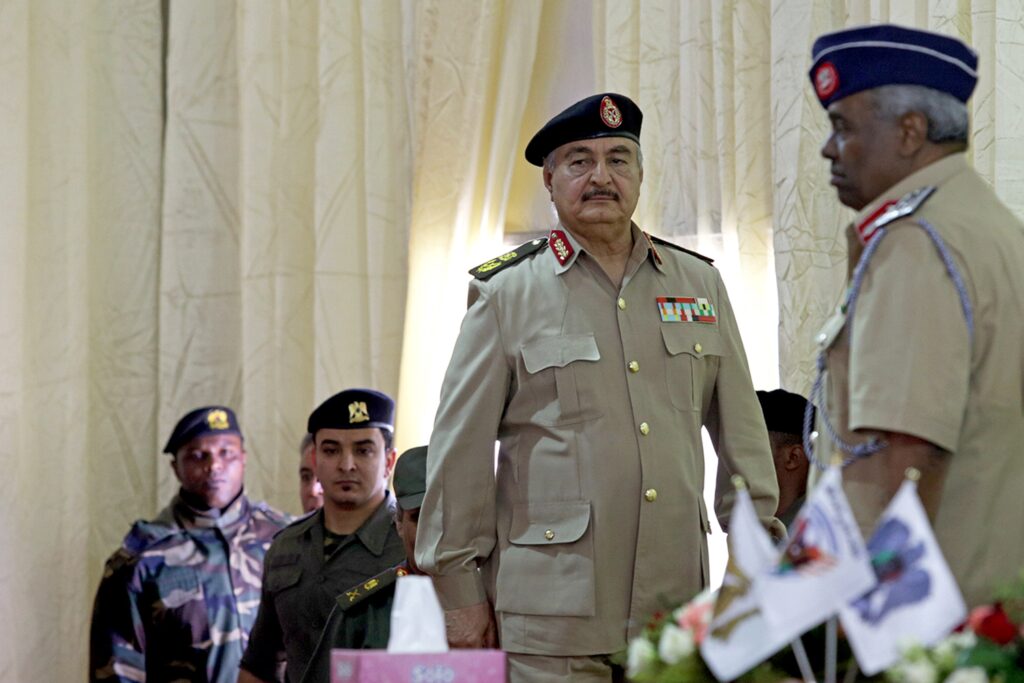
The new Turkish assertiveness in Libya and Libya National Army (LNA) General Khalifa Haftar’s strategic retreat from the Western part of the country have created a new equilibrium in the conflict. This is a potential watershed moment that could lead Egypt, the United Arab Emirates (UAE), and Russia to rethink their support for Haftar and prepare a possible compromise over Libya, especially given the pronunciation of the so-called Cairo Declaration on June 6, 2020. In fact, Haftar is gradually losing internal and external support—from within his own forces to Egypt and the UAE—to the point that no one will likely bet on him again. In this fluid scenario, neighboring Egypt, which has emboldened Haftar since 2014, may play an important new role in order to protect its specific foreign and domestic interests in Libya.

